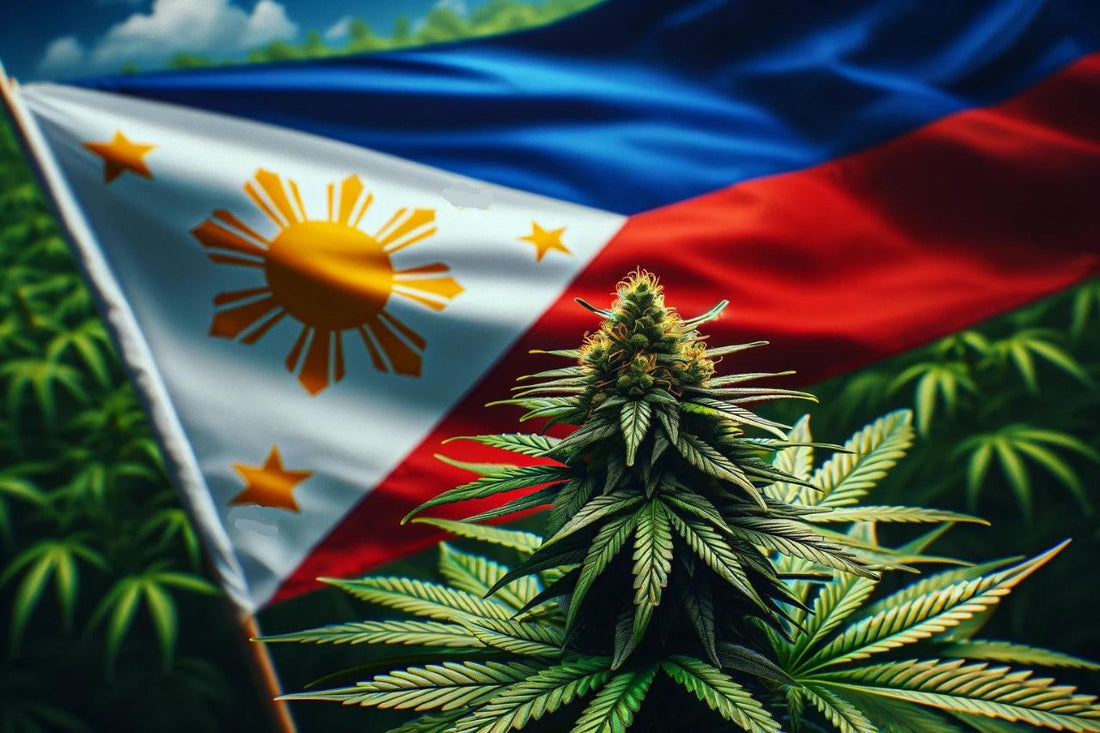The groundbreaking approval of medical cannabis in the Philippines
In a significant move, the Philippine House of Representatives has taken a bold step towards health reform by passing a medical cannabis bill. This decision has sparked a vibrant dialogue among various organizations and agencies, with strong expressions of both support and opposition.
Philippine medical association's standpoint
On February 6, the Philippine Medical Association (PMA), representing over 98,202 physicians across 121 societies, 8 specialty divisions, 96 specialty societies, and 50 affiliate societies, published a letter of opposition. The association, along with a coalition of 21 medical organizations, acknowledged the UN Commission on Narcotic Drugs' reclassification of cannabis for its medicinal value but emphasized the plant's restrictions for non-medical and non-scientific purposes. The PMA's stance is clear: oppose any legislation legalizing cannabis unless for medicinal uses approved by the Philippine Food and Drug Administration.
Concerns over non-medical use
The PMA expressed concerns over the potential harms of unproven medical indications associated with cannabis. Highlighting risks to vulnerable groups, the association cited adverse effects on brain development in fetuses and significant risks to children exposed to cannabis. They referenced the Philippine Constitution, which protects the life of the unborn and the mother, to underscore their concerns.
Call for further research
The PMA supports medical cannabis approved by the FDA and calls for comprehensive local scientific studies to bridge the knowledge gap on cannabis' efficacy and safety. Despite recognizing some potential benefits, the PMA noted a trend towards harmful effects that outweigh these benefits, advocating for a future where Filipino children are shielded from the dangers of cannabis.
Legislative developments and governmental support
A joint panel of the Philippine House of Representatives approved the medical cannabis bill on February 7. This bill, while not removing cannabis from the list of dangerous substances, mandates the creation of a Medical Cannabis Office under the Department of Health. It outlines specific qualifying conditions for patients and restricts cannabis access to licensed medical facilities upon prescription.
Backing from FDA and DOH
FDA Director General Samuel Zacate expressed support for medical cannabis legalization, emphasizing the need for a range of therapeutic options for Filipinos. The Department of Health (DOH) also recognized efforts to legalize medical cannabis use, stressing that any initiatives should be grounded in scientific evidence and consider the regulatory capacity of involved government agencies.
Comparative perspectives
The regional context offers interesting comparisons. For instance, Thailand, which legalized recreational cannabis in 2022, is now considering a bill to restrict adult-use consumption, indicating a complex and evolving landscape for cannabis legislation in Southeast Asia.
The passage of the medical cannabis bill in the Philippine House of Representatives marks a critical moment in the country's health and legislative history. It reflects a growing recognition of the potential benefits of medical cannabis, balanced with careful consideration of its risks and regulatory challenges. As the debate continues, the future of cannabis legislation in the Philippines and beyond remains a subject of keen interest and importance.






